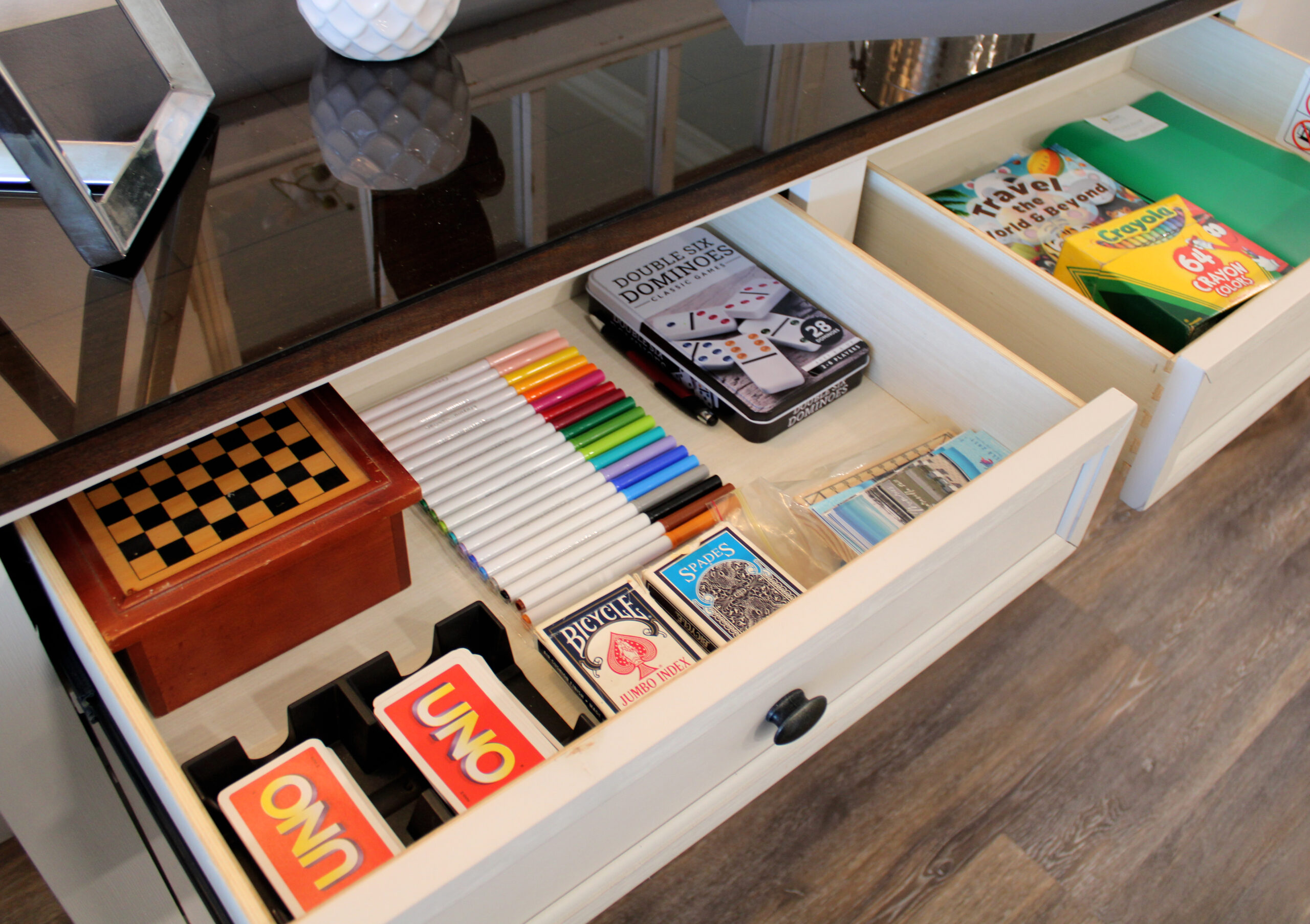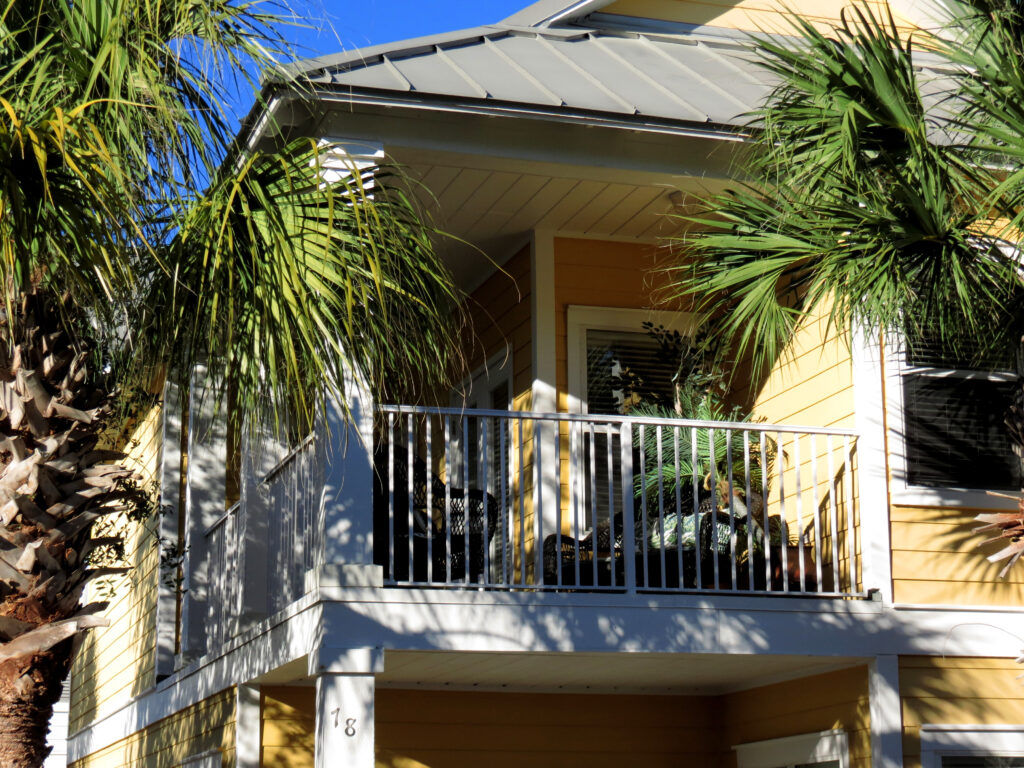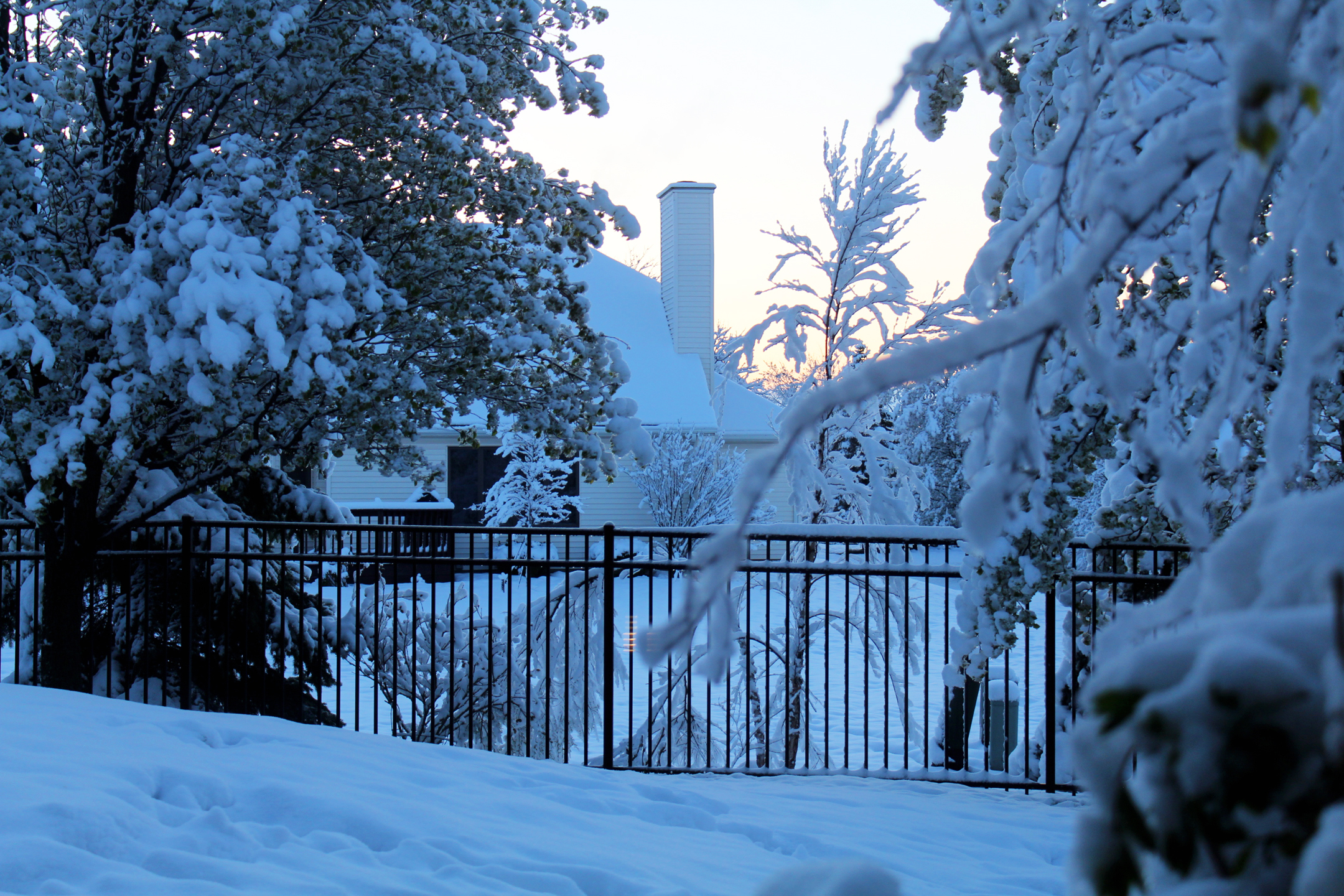WHAT IS A WHOLE HOME STANDBY GENERATOR?
A standby or back-up generator is permanently installed onto the exterior of your home, similar to a central air conditioning unit. The generator is professionally connected to a power source, such as natural gas or LP fuel and delivers power directly to your home's electrical system. Best of all, it will start automatically in the event of an electrical outage.
There are many variables such as how much wattage you need for the size of your home for the functions that will need power. You may decide to choose a system to power your entire home or only essential items. The costs increase based on the amount of power that you need for the size of your home. A mid-range back-up generator can start around $5,000+ with installation of $2,000 and up. However, it is an asset that can potentially save your home from the expense of floods due to freezing pipes and/or inoperable sump pumps as well as spoiled food. If you ever sell your home, a back-up generator is an asset that will appeal to your buyer.
THE EFFECT OF WINTER POWER OUTAGES WHILE AWAY
BURST PIPES
Burst pipes for any reason are expensive to repair -- not only the pipes, but the water damage. Years ago, even with a house sitter we still had a burst pipe due to an exterior wall that was pounded with sub-zero winter winds while our house sitter was out for the day. The stress of being home and dealing with a significant flood is bad enough and with us being away while dealing with the aftermath and remediation of our badly flooded basement was too much. Even after we returned, it was weeks before the drywall could be repaired and our basement was fully functional again.
Many snowbirds shut the main water line off for the season. However, if anyone is taking care of your houseplants or checking on your home, they will not have access to running water unless it is turned back on again.
Investing in a whole home back-up generator eliminates the need to turn the water off or send someone over to trickle water through the faucets in the event of sub-zero temps.
INOPERABLE SUMP PUMPS
A torrential rain storm or rapidly melting snow can result in a lot of water. Inoperable sump pumps can cause expensive water damage in the event of no power.
Even with a battery powered back-up sump pump, eventually the battery will stop operating. As a general guideline, a sump pump with a fully charged battery will run continuously for 5 to 7 hours or intermittently for one to three days, depending on the frequency of how often it runs. Alarm systems installed on sump pumps may not operate with no power. Even if the alarm alerts you, if you're at home or not, it doesn't take long for a sump pit to overflow.
Investing in a whole home back-up generator provides peace of mind that the sump pump will continue operating during the worst winter weather.
NO HEAT SOURCE
It doesn't take long for interior home temps to drop during very frigid weather conditions. Prior to being snowbirds, during a multi-day winter power outage we used our gas fireplace as a heat source. However, that isn't possible if you do not have a gas fireplace or are not home to turn it on.
Using a fireplace as a heat source is not ideal because it is expensive. Nor is it practical because it does not provide much heat beyond a ten foot radius of the fireplace, which puts your pipes at risk of freezing and bursting.
An unheated home is not comfortable to inhabit. We piled on layers of clothes and blankets and spent nights sleeping next to the fireplace with our dog in a very cold home. Not fun. It also is not fun to be away if your primary home is subject to no heat from a power outage because there isn't much anyone can do. A whole home generator would be a game changer.
SPOILED FOOD
Spoiled food due to no power is expensive and it is also a gross mess to clean up and dispose. Your spoiled meats and food will be creating a special odor in your trash bin until garbage collection day.
Although it hasn't happened to me, I know of a snowbird who lost power while away for an extended time. When they returned to deal with the spoiled food, the stench had permeated the plastic interior of their refrigerator to the point of having to start over with a new refrigerator.
As much as we try to pare down the contents of our refrigerators and freezers, it's nearly impossible to eat everything before departing for our warm weather destination. If you realize power has been lost and are able to send someone to retrieve the food, that person may or may not have enough storage space for it at their own place.
If your neighbors do not have power either, there's not much they can do to help. They have their own home and family to look after. It's too much to ask neighbors/friends/family to come over and run/monitor your portable gas generator for days at a time because you want to save your expensive food.
REDUCED SECURITY
No one wants to be away with reduced security due to no power. Cameras and alarms are key layers to your security system. Not only that, but your overhead garage door may be unsecure, leaving your home at increased risk of break-ins.
[Ten Layers of Snowbird Security]
WARM WEATHER POWER OUTAGES
During the off-season even when residing at your primary home, an extended power outage adversely affects you and your home due to the same reasons as in the winter. Flooding from inoperable sump pumps, spoilage, lack of air conditioning/overheating and security remain core issues. Snowbirds who rely on medical devices such as CPAP sleep apnea machines, oxygen concentrators, nebulizers, stair lifts, chair lifts and power wheel chairs can have serious consequences from a lack of power.
SEASONAL STORMS ARE PROBLEMATIC
Extended power outages that utility crews cannot repair in an hour or two are typically due to significant weather events such as tornadoes, hurricanes or derechos combined with torrential rain storms and flash flooding.
A couple weeks ago, a severe June derecho storm brought 98 mile-per-hour straight line winds that toppled massive trees as well as major power lines in my neighborhood. A major five lane artery street was closed for a week due to downed power lines. Side streets were also affected by large trees and power lines that fell. The storm brought national and international attention to our city because of the excessively high winds and a heat dome with 97 degree temps.
Our primary home was without power for 48+ hours. It was hot and miserable for us and our dog. Despite drawing the curtains 24/7 to keep the sun out, the interior temps reached 89 degrees in just one day. We unplugged all of our electronic devices such as computers and tv's in the event of a power surge when the outage was remedied.
THE LIMITATIONS OF PORTABLE GAS GENERATORS
Several of our neighbors own or borrowed portable gas generators during the recent derecho storm. How can you tell if someone has a gas generator? For safety reasons, they are located outdoors because they emit carbon dioxide and they are very loud when operating.
Many portable gas generators are very heavy. Although portable generators have wheels, it's not easy to move them from one place to another if you are buying or borrowing one. You'll need the strength to lift it and space to transport it in a large SUV or pick-up truck. Once home, you'll need to place it away from doors and windows, such as in the driveway.
Due to safety, never place a gas generator on a wood or composite deck or on unlevel surfaces, etc. Always read the safety warnings no matter what kind of power source you are using.
Don't forget to buy very long extension cords. Our sump pump is quite a distance from the garage and a long cord is the only way to plug it into the generator. If your generator has four outlets, you'll need four extension cords plus surge protectors.
New gas generators are scarce during power outages. Retail stores sell out fast. Portable gas generators range in price from about $700 to $2,400 depending on many variables.
IMPACT OF STAYING WITH OUR PROPERTY DURING AN EXTENDED OUTAGE
A decade ago, just ahead of a monster storm I had purchased a portable gas generator for about $850 and thankfully it still works. We used it to power both refrigerators, a small chest freezer, one cell phone charger, one lamp, a crock pot, coffee maker and two small fans.
We felt we had to stay with our property to run the generator during the day and preserve our food investment. Gas runs to fill our small fuel tanks to keep the generator going were much more involved due to closed roads from toppled trees/power lines and needing to drive much further to reach a gas station with power. Along the way, I saw neighbors in the hot, sunny 97 degree weather having to cut down and move fallen trunks and limbs and deal with property damage to their homes and fences.
In the morning, my husband plugged in his coffee maker. Then we swapped it for the crock pot to prepare sloppy joes. In the evening, we grilled a meal of burgers and peppers, but truly it was too hot for that.
At night, we stored our portable generator in the garage to ensure it wouldn't be stolen from our driveway, which meant no lights, refrigeration or fans for eight+ hours during the night. We used the manual lock to ensure no one opened the overhead garage door. We slept on our basement floor because the interior main floor temps reached a sweltering 89 degrees and it was too much for our Golden Retriever as well as ourselves.
Thankfully we had running water and took very short lukewarm showers to preserve the hot water in the tank. A family member suggested we soak our dog with a hose to cool him off. It's a consideration, but Golden Retrievers and other breeds are susceptible to hot spots. Not worth the health risk. Instead, I followed our dog from spot to spot and kept the two small fans pointed in his direction. It was the only way he could stay cool enough to take a nap. We spent time in our basement to escape the much higher temps on the main and upper floors.
Thankfully we had portable fuel containers stored in our garage and we used $65 of fuel in two days via three gas runs. It isn't exactly cheap, but it's less expensive than the consequences and we were grateful to have any power at all. We joked about glamping, but we know there are many people who do not have air conditioning and we are fortunate for all of the days we do have AC. Our portable gas generator got us through the derecho outage for what we hope will be the last time until we can purchase a whole home standby generator.
WHY WE PLAN TO INSTALL A WHOLE HOME GENERATOR
To date, we have been fortunate not to have lost power for an extended time while wintering in our southern home. However, the latest derecho storm made us realize how much we rely on electrical power, whether at home and especially while away. We recognize what a disaster it would be if we were not able to stay with our property during an extended winter power outage. We are not willing to take more chances and will be researching the various options for a back-up generator. We still have plenty of time to hire it professionally installed prior to the next snowbird season.
Now, during the off-season is the time to do your research on whether a whole home standby generator makes sense for your personal situation. Hopefully, you'll never or rarely need to use it. The peace of mind as well as major benefits are appealing to snowbirds who need to protect their home from damage while away for the winter season. If you are unwilling to pay for the system up front, many prominent manufacturers offer payment plans. Investing in your systems is a wise choice for not just you, but your home team who will have far less to deal with in the event of an extended power outage.



